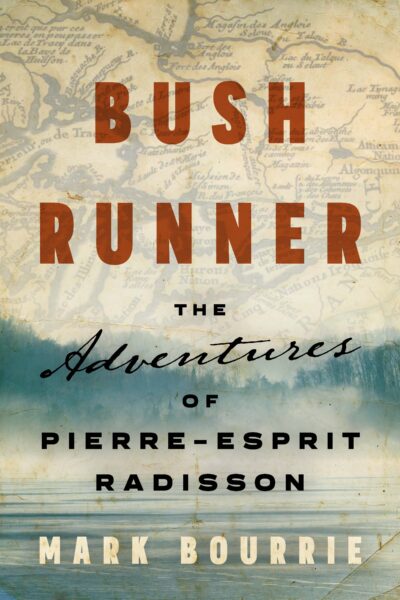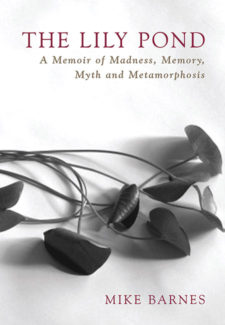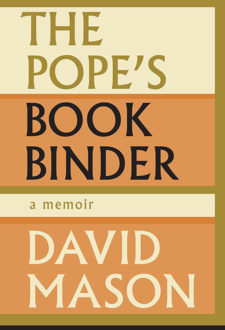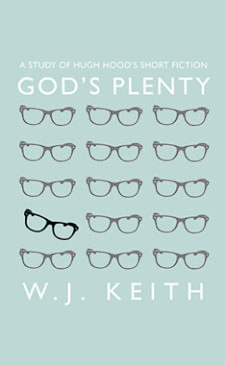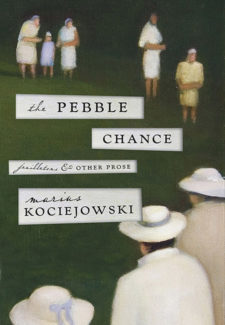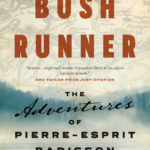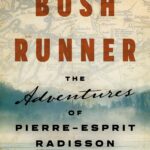Description
SHORTLISTED FOR THE 2020 RBC TAYLOR PRIZE
AS SEEN ON GLOBAL NEWS-TV’S THE MORNING SHOW
Murderer. Salesman. Pirate. Adventurer. Cannibal. Co-founder of the Hudson’s Bay Company.
Known to some as the first European to explore the upper Mississippi, and widely as the namesake of ships and hotel chains, Pierre-Esprit Radisson is perhaps best described, writes Mark Bourrie, as “an eager hustler with no known scruples.” Kidnapped by Mohawk warriors at the age of fifteen, Radisson assimilated and was adopted by a powerful family, only to escape to New York City after less than a year. After being recaptured, he defected from a raiding party to the Dutch and crossed the Atlantic to Holland—thus beginning a lifetime of seized opportunities and frustrated ambitions.
A guest among First Nations communities, French fur traders, and royal courts; witness to London’s Great Plague and Great Fire; and unwitting agent of the Jesuits’ corporate espionage, Radisson double-crossed the English, French, Dutch, and his adoptive Mohawk family alike, found himself marooned by pirates in Spain, and lived through shipwreck on the reefs of Venezuela. His most lasting venture as an Arctic fur trader led to the founding of the Hudson’s Bay Company, which operates today, 350 years later, as North America’s oldest corporation.
Sourced from Radisson’s journals, which are the best first-hand accounts of 17th century Canada, Bush Runner tells the extraordinary true story of this protean 17th-century figure, a man more trading partner than colonizer, a peddler of goods and not worldview—and with it offers a fresh perspective on the world in which he lived.
Praise for Mark Bourrie
“Rather than employing clash-of-civilizations rhetoric, Bourrie shows himself a curious and eclectic writer unafraid to raise difficult questions about propaganda, war porn, and the still-evolving nature of a wired world. His historical overview of the waves of urban violence afflicting North America and Europe in the past 150 years undermines the idea that ours is an age without precedent.” —Quill and Quire review of The Killing Game
“People are either going to love this book or hate it. Me, I loved it. Stephen Harper may not like it quite so much but he would do well to heed it. Sometimes the more people know about what you’re doing and how you’re spending their money can make them like you more. Or not. That’s the gamble you take in the free world. A lot has been happening in Ottawa for years now, but because the killing of the messenger has been so quiet, insidious and effective, few of us even know about it.” —Toronto Star review of Kill the Messengers
“As the first journalist with unfettered access to Canada’s press censor files, author Mark Bourrie tells what Canadians knew and did not know during the Second World War — and reveals the unpleasant political realities of a war so often portrayed as a unanimous moral crusade against evil.” —National Post review of The Fog of War

